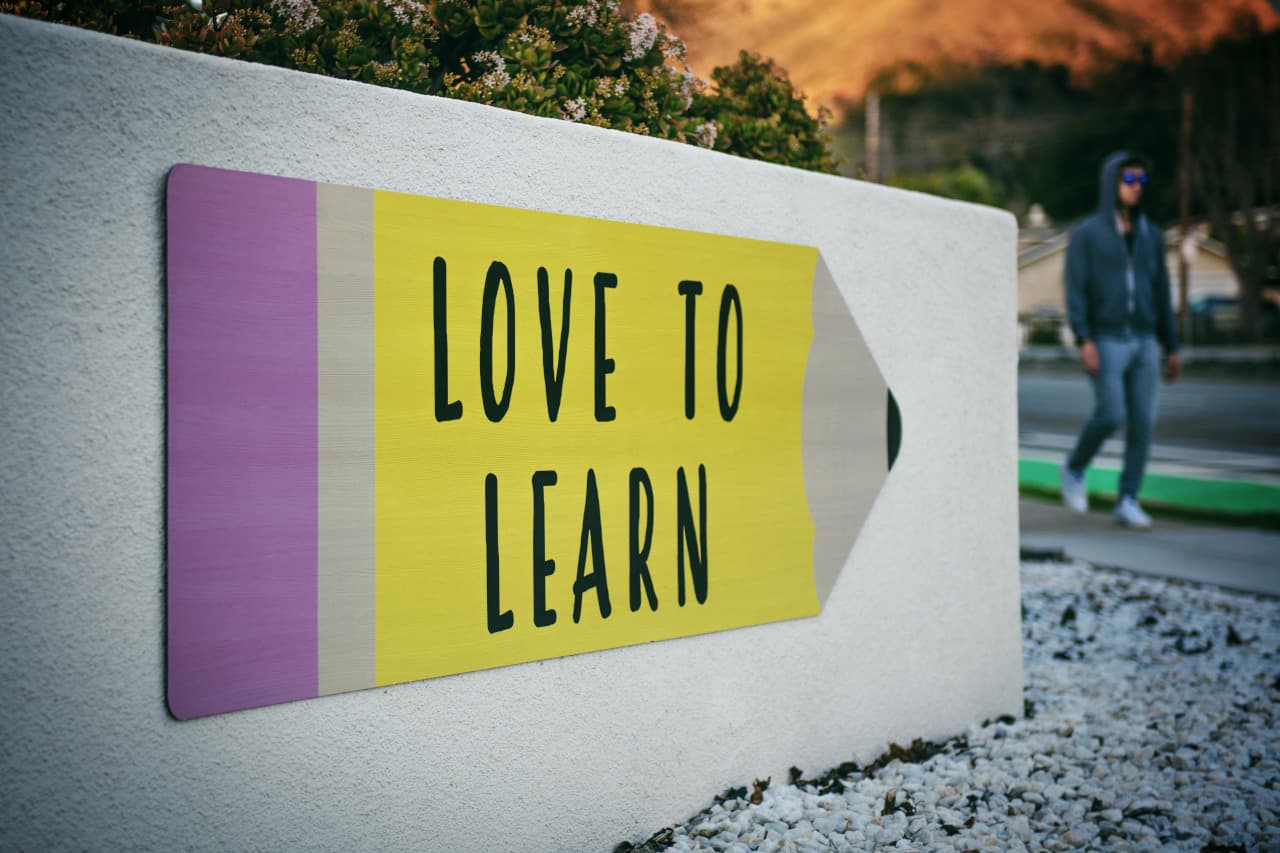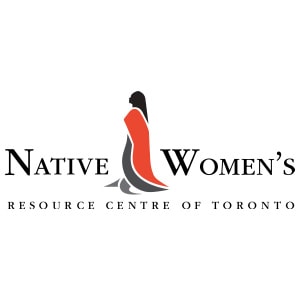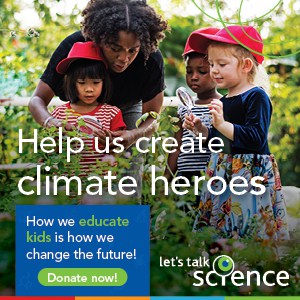Lots of talk these days about kids and education, specifically what they are being taught in school, and the value of STEM (science, technology, engineering and math) education in a world with real global challenges, such as climate change, sustainable development, public health crises.
More and more, those challenges are going to need to be met with scientific and technological expertise.
Steering youth towards secure, well-paying careers
Let’s Talk Science is a national charitable organization committed to preparing youth in Canada for future careers and citizenship roles in a rapidly changing world, with events and symposiums, projects, competition series, resources and support for educators to help them improve youth engagement in STEM. They offer up a robust suite of programming for kids aged 3-17, available in English and French.
Donations in part from philanthropists enable those people who run the program to offer it free to schools, early year centres, community organizations and parents.
Let’s Talk Science also gets support from different levels of government, corporations, foundations, and individuals. That’s where the rubber hits the road with this, so programs and resources stay free for kids going forward.

STEM: Practical science-based education
STEM projects and courses are set up to align with an educators’ curriculum. Examples include Travel4Climate, where kids develop critical thinking and problem-solving skills around how emerging technology can reduce a community’s transportation-related greenhouse gas emissions.
In Living Space, students and educators study key environmental conditions that keep astronauts healthy on the International Space Station. They measure environmental conditions like temperature, CO2 and relative humidity in the classroom, then make a plan for classroom environmental improvement, and compare their data with other participating classrooms in Canada, as well as data from the ISS.
Supporting educators to give kids education they can use
In the end, Let’s Talk Science brings together the world of science, technology and innovation with education – reducing barriers to STEM, tearing down misconceptions, building interest and a sense of belonging in it, since most youth still graduate high school without a senior level math and/or science credits needed for entry into university STEM studies, and only 15 per cent of students in Canada complete Grade 12 physics.
Let’s Talk Science works with over 55 universities, colleges and research institutes, volunteers provide outreach in more than 1,500 communities in Canada. We spoke with Bonnie Schmidt, president & founder, Let’s Talk Science:
Q: Why is this program so important for young people? Why is youth STEM engagement so essential for Canada’s future?
B: “We’re celebrating our 30th anniversary in the next school year (13.8 million interactions with youth, educators and parents across Canada since inception), but I think our mission is even more important than it ever has been.
STEM is pervasive and critical for the grand global challenges that we’re facing now. Climate change, accessible healthcare, food, water … how we’re taking care of the world around us. People tend to see these big challenges in silos, and not connected, but that’s changing, and world citizenship is changing. We will need to have people who understand these kinds of issues and challenges. I know science isn’t the only thing that feeds into decision-making. But it’s a really important element of how we think about food, how we think about climate change.
Plus, the jobs of the future are changing. Rapidly changing technology is displacing jobs of the future. And STEM is becoming such an integral component of all these emerging jobs.”

Q: What’s the objective of Let’s Talk Science?
B: “We exist to help young people become ready for the future. The program is about developing youth who are creative, critical thinkers, and knowledgeable citizens. It’s not about science being the end outcome. It’s about young people being ready for their future. How will young people thrive in the world going forward? What’s actually happening now in the world around us makes it relevant to young people. It’s a practical approach to education.
“We have far too many young people disengaging when science is no longer mandatory. With so many young people dropping it after Grade 11 they are closing doors to college pathways to skilled trades, engineering pathways, science pathways, because they don’t necessarily see the relevance of it for their future.”
In the end it’s all about youth engagement
“It’s about engagement. We see little kids who want to know how the world works, and the wonders around them. And that’s really what science is all about. So if we can get them engaged, asking questions about their world, learning about the tools, looking for information solutions to problems, then they become more engaged in their own little world.”
Opening doors of knowledge, that’s the objective, then who knows where those pathways lead?
Top photo by Deleece Cook on Unsplash

I am a 50-something Torontonian who loves everything about my city. It’s been my home, my playground, for my entire life. I went to school here. I met my wife here. I own real estate here. I love writing about the transformation of my city on the world stage, which hasn’t been anything short of dramatic. That continues on, as I write this. I write on the real estate scene. I write on travel and fashion. I like following the world of luxury watches.
But I love writing about cars – check that, luxury cars, a level of superior, engineering sophistication, high performance and style, that transports you not just from one destination to another but also out of whatever you are going through on a particular day, whatever mood you are in, all to another head space. It’s complete and total exhilaration, head to toe.
Check out my stories, and email me direct at mkeast@regardingluxury.com








